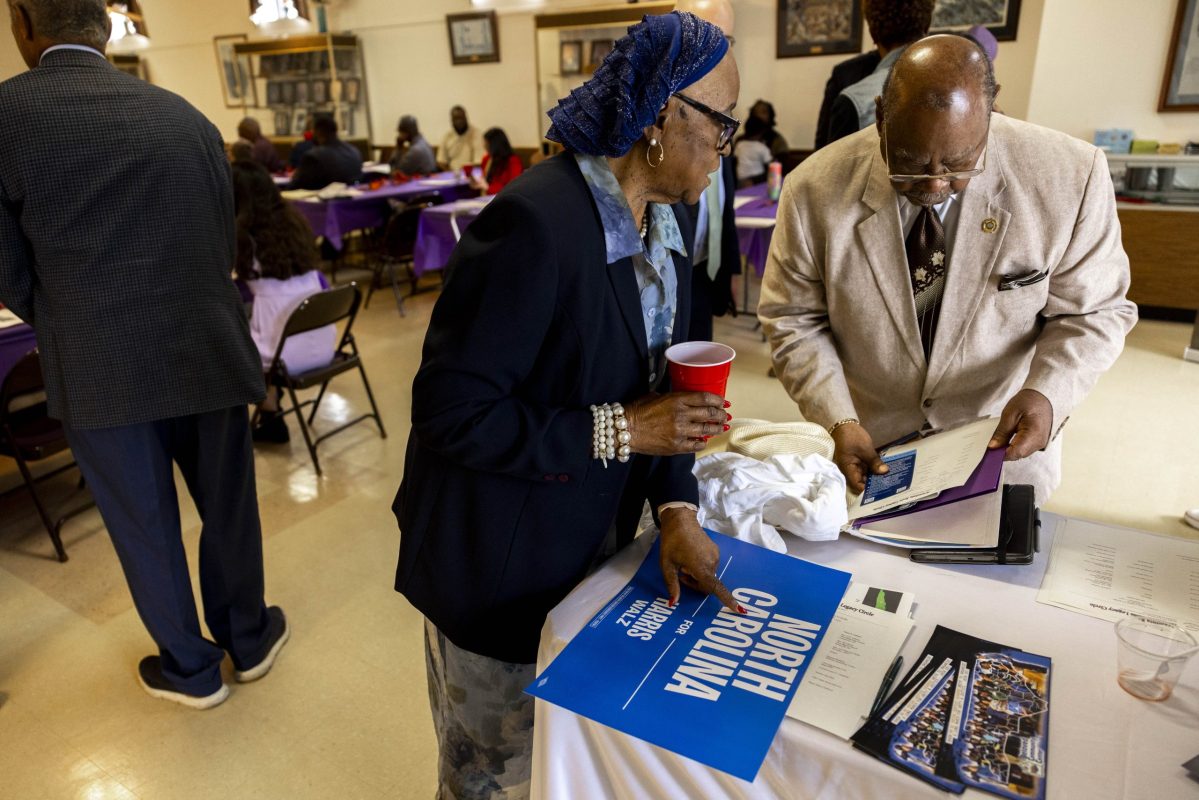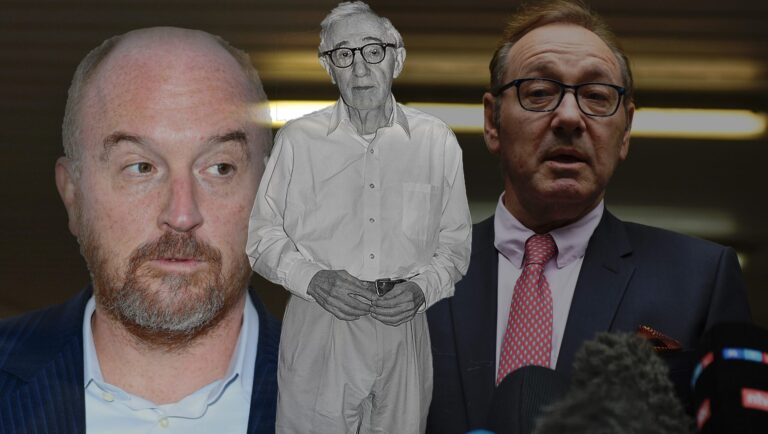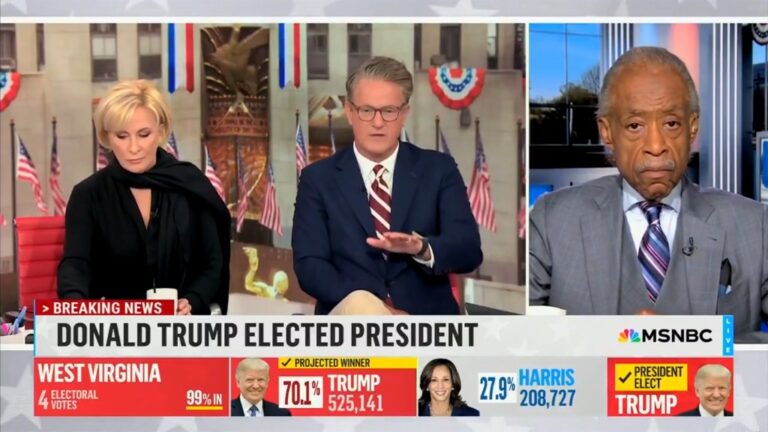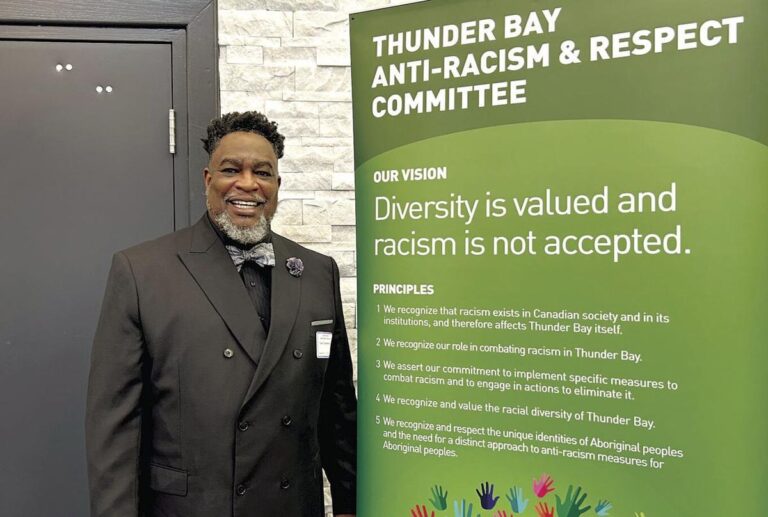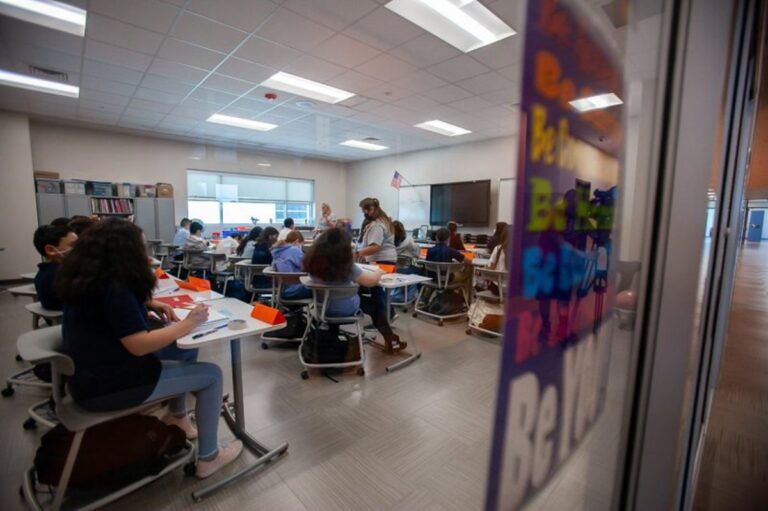Struggles of Rural Black Americans in Trump’s Election Landscape
The Struggles of Rural Black Americans in the Political Arena
When you think about the political landscape in the United States, especially during election seasons, it’s easy to envision major cities buzzing with energy. But what about those living in rural America? Specifically, let’s delve into the unique struggles faced by rural Black Americans in the wake of Donald Trump’s election. This conversation isn’t just about politics; it’s about people, their voices, and the challenges they face daily.
Understanding the Rural Black American Perspective
Why focus on rural Black Americans? The answer is straightforward: their experiences and challenges are often overlooked in mainstream political discussions. Many people paint a broad picture of the Black experience in America, one that predominantly features urban narratives. But what if I told you that the challenges faced by rural Black Americans can be strikingly different? The reality is that they navigate a complex web of socio-political factors that shape their lives, often finding themselves at the intersection of race, geography, and economic hardship.
Geo-Socioeconomic Challenges
Rural Black Americans live in areas where job opportunities may be as scarce as a unicorn sighting. Economic disinvestment has left many towns struggling, and the lingering effects of historical injustices compound their issues.
Imagine waking up every day in a community that feels forgotten. Local businesses have shuttered, access to quality healthcare is limited, and public transportation might be nonexistent. This sets the stage for disenfranchisement, which is all too familiar for many rural residents.
Additionally, consider how economic factors tie into political engagement. When you’re caught up in the struggle to make ends meet, who has time to follow complicated election processes?
Politically Isolated: The Rural Divide
Feeling disconnected? That’s a common sentiment amongst rural Black Americans. In many cases, they lack access to the information and resources available in urban centers.
You want to vote. You’ve got your opinion about the issues that matter. But how do you navigate a political landscape that seems designed for someone else entirely? For instance:
- Limited Access to Voting Resources: How can you make your voice heard when polling places are miles away, inefficient, or located in troubled neighborhoods?
- Fear of Intimidation: Unfortunately, the legacy of voter suppression still looms large. Many rural Black Americans face intimidation tactics that can discourage them from voting.
- Lack of Representation: When the candidates don’t reflect the community’s needs, engagement can dwindle. Why would you bother to vote for someone who doesn’t understand your struggles?
The political system can often feel like an exclusive club, and for rural Black Americans, the doors are often locked tight.
The Cultural Disconnect
In urban centers, cultural activism has paved the way for change, but what about rural areas? The cultural disconnect can be palpable. Many rural Black communities have their own unique set of values and experiences that differ from larger urban populations.
Just think about it—most media narratives tend to circulate in urban frameworks. This leads to misrepresentation or a complete lack of understanding of rural life. It’s as if a whole dimension of Black life has been put on mute.
The Role of Media
It’s essential to consider how media portrays rural Black Americans. Often, they are either invisibilized or misrepresented, which further enhances the feeling of isolation.
Ever turned on the news and felt like they were talking about everyone but you? You’re not alone. These narratives can contribute to the disenfranchisement that rural Black Americans experience. The lack of visibility doesn’t merely keep them out of the conversation; it can also reinforce the belief that their struggles don’t matter.
Health and Education Disparities
Let’s talk about something that impacts every facet of life: education and health. Both are crucial players in elevating or stifling opportunities.
Education System
The educational system in rural areas often lacks the funding and resources to ensure quality education. It’s a classic tale of underfunding in historically Black areas, compounded by their rural location. Schools may be under-resourced, and specialized programs for advanced studies may be nonexistent.
How does this connect to politics? Education is a great equalizer. When you lack a solid education, your opportunities in the workforce are limited, which directly influences your political engagement.
Health Care Accessibility
Then there’s healthcare—another massive issue. Many rural communities have limited access to medical facilities and services. This isn’t just an inconvenience; it’s a matter of life and death.
- Chronic Health Issues: Without adequate healthcare, chronic conditions can worsen over time.
- Lack of Preventive Care: Preventive care is often neglected, leading to other complications that not only affect individual lives but ripple through communities.
When health is compromised, political involvement often takes a backseat. Why worry about voting when healthcare feels like an uphill battle every day?
Navigating a Fragmented Political Landscape
So where does that leave rural Black Americans in the context of Trump’s election era? The political landscape has become increasingly polarized, and while some rural areas saw a shift towards support for Trump, many Black citizens found themselves grappling with a party that often seemed to ignore their concerns.
Impact of Trump’s Policies
It’s crucial to analyze the implications of Trump’s policies on rural Black communities. Many felt abandoned by what they perceived as a party that prioritized other demographics over theirs.
- Rhetoric Around Race: Trump’s comments can inadvertently legitimize racist sentiments, alienating many rural Black Americans even further.
- Economic Policies: The promised economic revitalization for rural areas didn’t always reach the communities that needed it the most.
Most importantly, when national discussions are framed around certain narratives, it becomes challenging for rural Black voices to be heard in the cacophony of opinions.
Building Bridges: The Path Forward
Now, I know it might sound a bit gloomy, but there’s hope. There are proactive steps that can bridge the gap and enhance the political agency of rural Black Americans.
Community Engagement
Building community-based organizations aimed at political education and voter registration can foster engagement. Local leaders can host community forums that allow discussion on issues close to home. These gatherings can be the catalysts for change, transforming political apathy into action.
Moreover, building relationships with local media can also amplify rural voices. The stories of rural Black Americans deserve to be told, and amplifying their narratives ensures that they become a part of the broader political discourse.
Leveraging Technology
In this digital age, technology can be a game-changer. Online platforms can help disseminate information about voting rights and facilitate discussions among rural residents.
How about virtual town halls? They could be an excellent way for communities to connect with political figures—no matter where you’re located.
Conclusion
In summary, the struggles faced by rural Black Americans are layered, involving economic hardships, political isolation, and cultural disparities. As the nation continues to undergo transformations, addressing these challenges is essential for building a truly inclusive democracy.
Rural Black Americans have a story that deserves to be told, and their voices vital for creating a balanced political dialogue. Let’s not forget that every vote matters, and every story deserves to be heard.
FAQs
1. What are the primary challenges rural Black Americans face in politics?
Rural Black Americans often struggle with limited access to voting resources, underfunded education, economic disinvestment, and cultural disconnect, among other issues.
2. How does healthcare accessibility impact political engagement?
When communities face healthcare challenges, their ability to engage politically often takes a backseat, as they focus on day-to-day survival and well-being.
3. What role does media play in the representation of rural Black Americans?
Media often misrepresents or fails to represent rural Black communities, leading to invisibility and a lack of understanding of their unique challenges.
4. Can community organizations help address these issues?
Yes, by fostering political education, providing resources, and creating a platform for discussion, community organizations can play crucial roles in empowering rural Black voices.
5. How can technology aid in improving political engagement for rural Black Americans?
Technology can help disseminate information, facilitate virtual discussions, and connect communities with political representatives, making it easier to engage in the political process.

